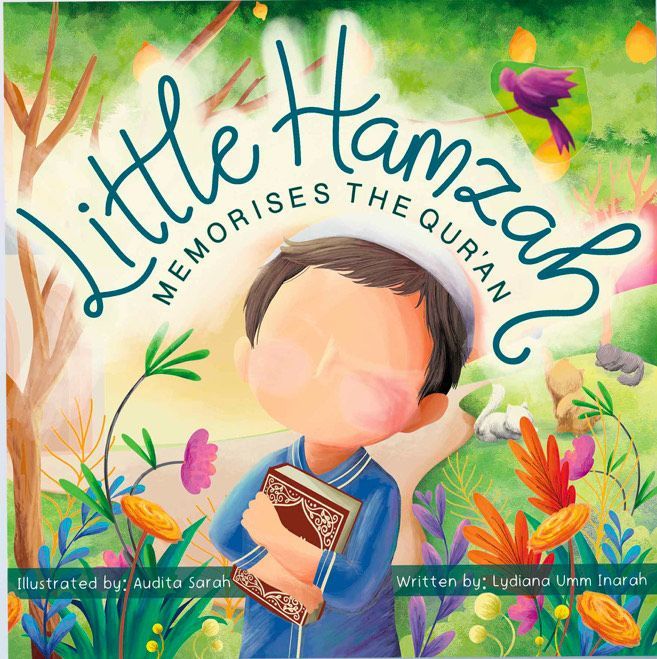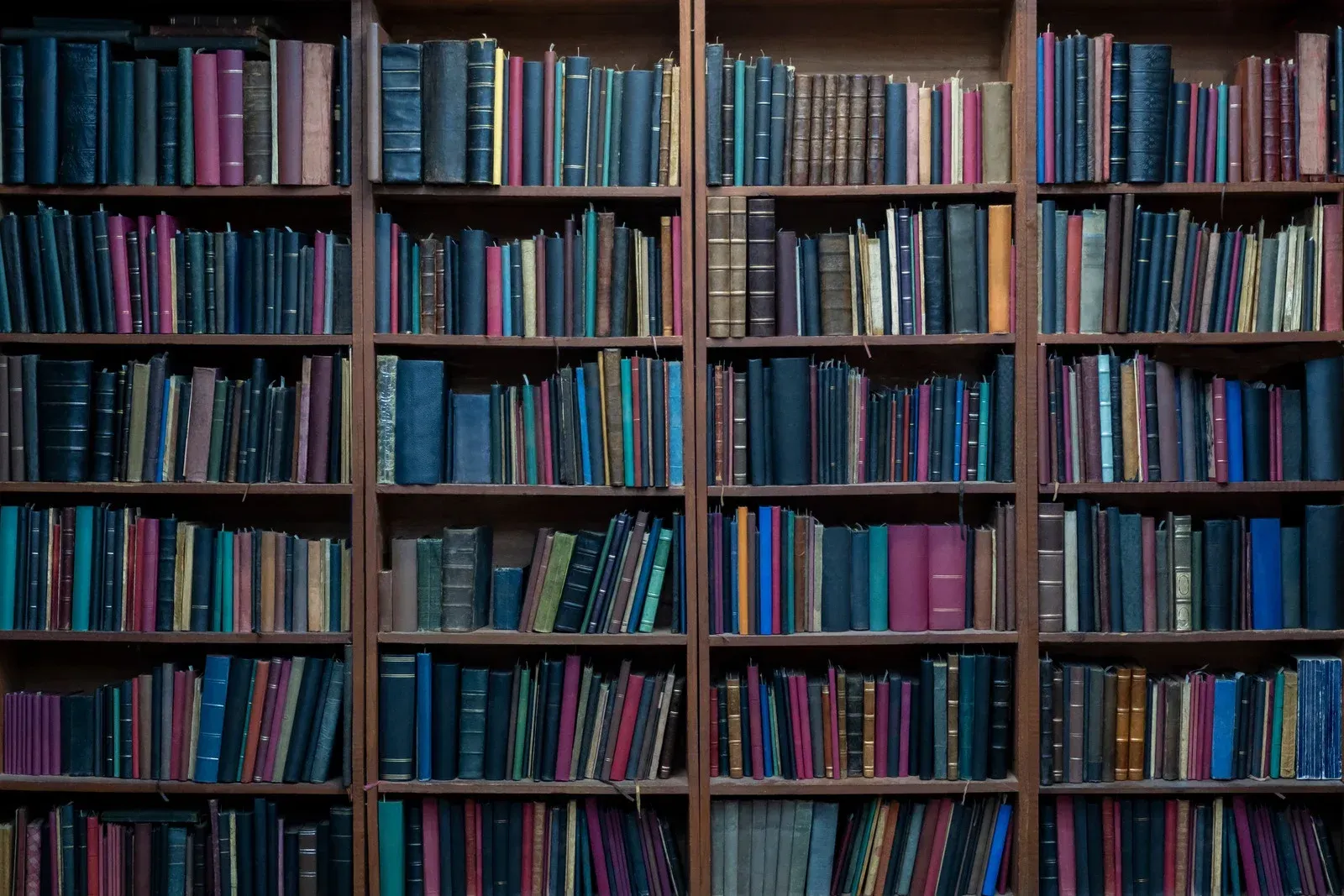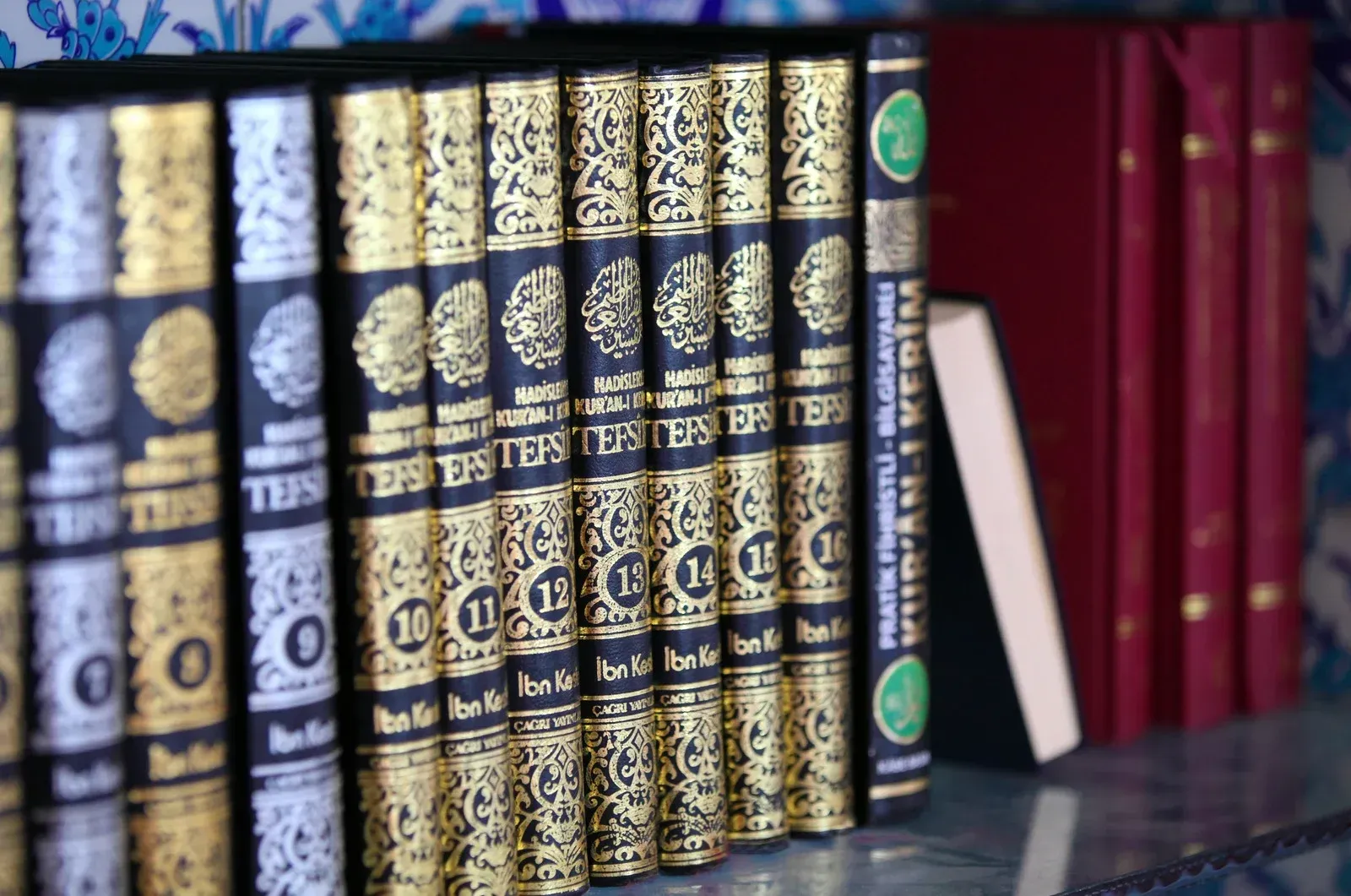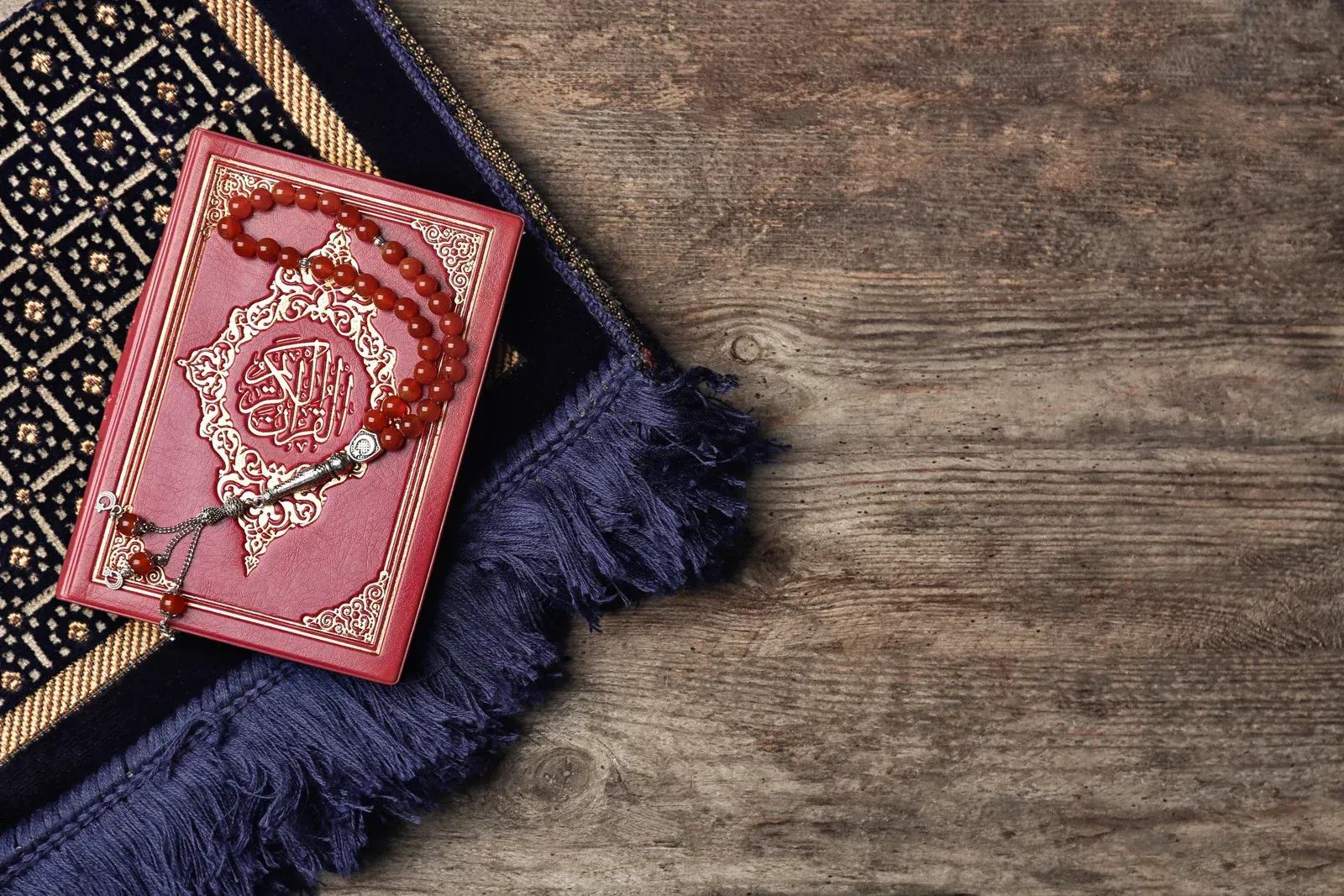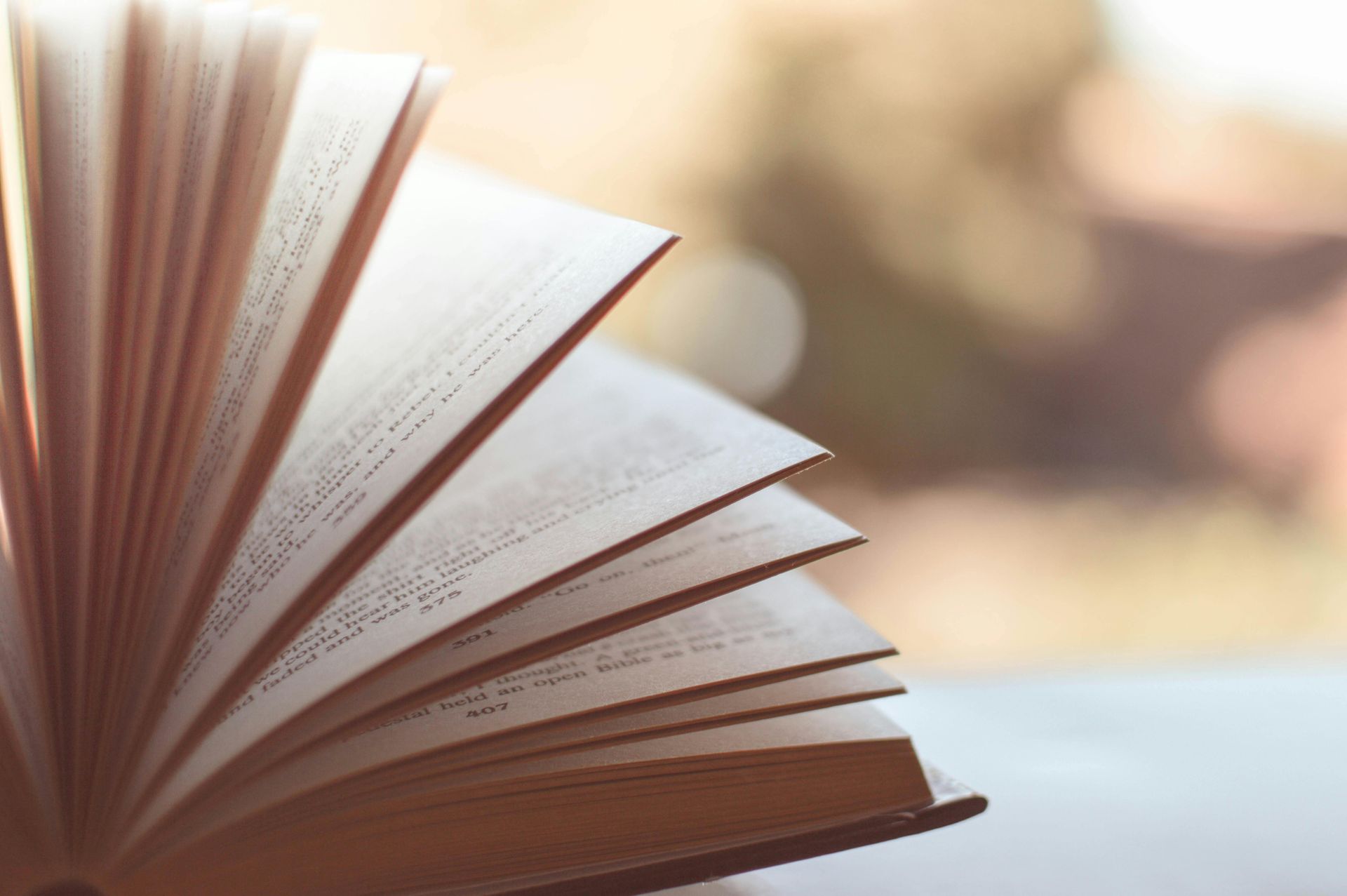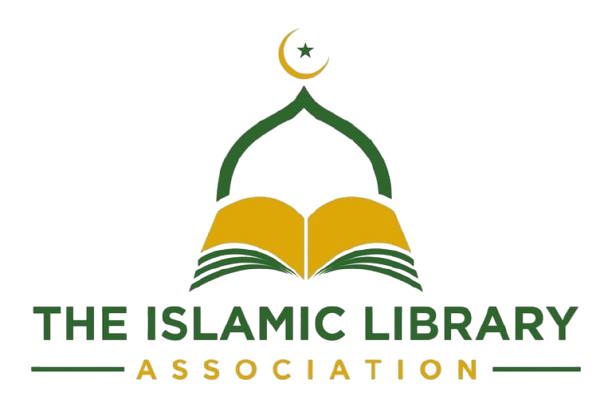How Libraries Safeguard Islamic Heritage for Future Generations
Islamic heritage is a tapestry of history, spirituality, scholarship, and cultural wisdom preserved through centuries of literature. These texts—ranging from Qur'anic exegesis and prophetic traditions to classical works of jurisprudence, theology, and philosophy—form the intellectual foundation of the Muslim world. Libraries play a critical role in safeguarding this rich legacy, ensuring that it continues to educate, inspire, and inform future generations.
Libraries Have Always Anchored Islamic Civilization
For centuries, libraries have been central to Islamic civilization. The great libraries of Baghdad, Cordoba, Cairo, and Timbuktu once housed massive collections of manuscripts that attracted scholars from across the globe. These institutions weren’t just book repositories. They were active learning centers that protected and disseminated Islamic knowledge. Today’s libraries continue that tradition by collecting, cataloging, and conserving rare texts, digital resources, and scholarly works that might otherwise disappear from public access.
Modern Libraries Connect Knowledge and Community
Modern Islamic libraries serve multiple functions beyond preservation. They act as educational hubs where readers can access authentic sources of Islamic knowledge in various languages and formats. These spaces often host community learning events, author readings, book discussions, and Islamic study sessions that help bridge generations of readers. Libraries also assist scholars in researching historical and contemporary Islamic thought, offering them valuable references that support their academic work.
Digitization Expands Global Access to Islamic Texts
Digitization has further empowered Islamic libraries to reach wider audiences. Rare manuscripts and fragile texts that were once difficult to access are now available to scholars and readers across continents. High-resolution scans, online catalogs, and multilingual metadata have opened doors to global exploration of Islamic history and ideas. These digital platforms extend the lifespan of delicate works while making them usable for educational purposes worldwide.
Conservation Protects Manuscripts for the Future
Beyond digitization, libraries actively maintain the integrity of Islamic literature through restoration and climate-controlled storage. Trained conservators work to repair worn pages, stabilize bindings, and prevent further deterioration of ancient texts. These physical preservation techniques ensure that the original manuscripts, some hundreds of years old, can be studied and appreciated by future generations in their most authentic form.
Librarians Play a Crucial Educational Role
Librarians and curators also play an important educational role. They guide students and researchers through large collections, help identify authentic sources, and often possess specialized knowledge of Islamic bibliographic traditions. Their work is essential in navigating historical texts that may require contextual understanding and language expertise. This kind of guidance ensures readers interact with material in a meaningful and accurate way.
Preservation Counters Cultural Erasure
The preservation of Islamic heritage is also a defense against cultural erasure. As global trends shift and modernization influences education systems, traditional texts face the risk of neglect. Libraries push back against this trend by maintaining access to foundational works and nurturing a love for reading within Muslim communities. They remind people of the value of knowledge, tradition, and identity.
At The Islamic Library Association
in Charlotte, North Carolina,
safeguarding Islamic heritage is not just a mission—it’s a responsibility carried with pride and purpose. With over 15 years of experience in preserving, cataloging, and promoting Islamic literature, the organization serves as a trusted steward of the Muslim intellectual legacy. Through its curated collections and educational programs, it invites communities to reconnect with the wisdom of the past while building a future rooted in knowledge and understanding.
